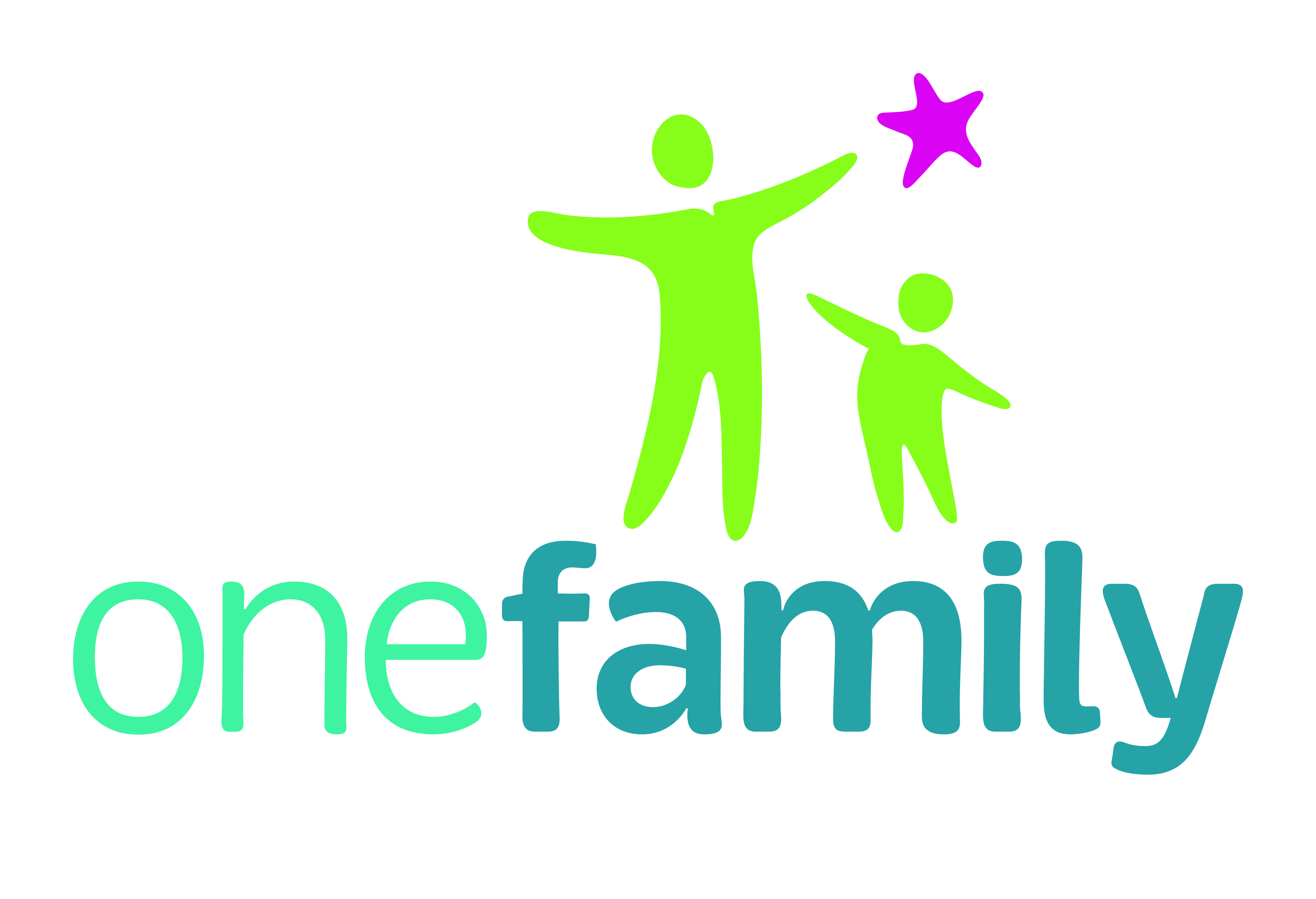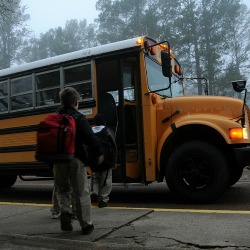Parenting | 10 Ways to Have Fun This Summer
 It is easy to trudge through the summer months wishing they were over, especially when we may not have the money for a holiday at a time when it seems that everyone is going away. However, you can still have fun over the summer months without it costing money.
It is easy to trudge through the summer months wishing they were over, especially when we may not have the money for a holiday at a time when it seems that everyone is going away. However, you can still have fun over the summer months without it costing money.
- Try to make a conscious effort to do something different this summer. Enjoy special time with your children and do your best to put aside any worries or issues you may have going on, even for part of the day.
- If you live near a forest, park or even a lovely big field, why not have dinner outside some evenings? Pack a picnic style dinner or if it’s hot, wrap and run. Children love picnics and you can have so much fun afterwards running about, playing games, kicking ball, flying a kite, looking for butterflies and other creatures. Keep a scrap book of what creatures and birds you see each day.
- If you’re lucky enough to live near the seaside, within an hour anyway, perhaps you can schedule a weekly trip? Pack up the buckets and spades. Buy the food in the local shop before you get there or else bring your own picnic. Agree on treats in advance. Children generally love the splashing, sand, digging and diving. It can be such great fun. And there’s lots of opportunities for whale and dolphin watching in many parts of the country too.
- If you have a back or front garden, use it. Can you invest a little money in some new outdoor toys? Maybe put up or make a tent? Have a barbeque. Get a cheap paddling pool. Have a treasure hunt. Cloud watch and tell stories. The garden is a great area for fun activities all summer long.
- Climb a mountain. Most people have a hill or mountain of some sort not far from where they live. Why not plan a climbing adventure?
- Playgrounds can be a great resource. Even if you already go, plan to make it a very regular event over the summer months. Play with your child and support them to make friends in the playground. You will be increasing their confidence and social skills all summer. Playgrounds can also a great way to meet and interact with other parents and increase your own social network.
- Check out local groups who may be running trips for families. One Family have weekly outings in the summer time, at very low cost, that are lots of fun. Check out our website and join our social group. Parent and child groups often have trips, start googling what is happening in your community and check out local notice boards. If there is nothing on, try to plan a trip with some other parents.
- Many organisations offer quality, free activities that children enjoy such as, for example, Bat Conservation Ireland who lead free bat walks all over the country; or National Heritage Week which has a packed programme of free events in August. There are hundreds of festivals nationwide which generally have a programme strand of free entertainment or workshops for children, as do many museums and art galleries on Sunday afternoons. Local county councils/corporations/town councils also often present free, family-friendly events over the summer time. Swimming pools and libraries usually do too. Take some time to engage with services in your community. You might be surprised by what they have to offer.
- Talk with your children and hear what they would like the summer to be like. You can have lots of fun on a budget, and children will really feel they have had different experiences and want to share them with others.
- Most of all, take time with your children this Summer. Enjoy them and experience all the fun times that parenting can bring, as too often we are bogged down with the challenges, especially when parenting alone or sharing parenting.
Next you might to read: 10 Ways to Make The Most Of School Breaks
This ’10 Ways to’ article is by One Family’s Director of Children & Parenting Services, Geraldine Kelly, as part of our weekly ’10 Ways to’ series of parenting tips. You can read the full series here.
LIVE Facebook Q&A with Geraldine on this topic Monday 29 June from 11am-12pm in our NEW One Family Parenting Group which is a closed Facebook group (meaning that only members can read posts) that anyone can join. Post your questions and share your experiences.
Find out more about our parenting skills programmes and parent supports. For support and information on these or any related topics, call askonefamily on lo-call 1890 66 22 12 or email support@onefamily.ie.



 About One Family One Family was founded in 1972 as Cherish and is Ireland’s leading organisation for one-parent families and people sharing parenting or separating, offering support, information and services to all members of all one-parent families, to those sharing parenting, to those experiencing an unplanned pregnancy and to professionals working with one-parent families. Children are at the centre of One Family’s work and the organisation helps all the adults in their lives, including mums, dads, grandparents, step-parents, new partners and other siblings, offering a holistic model of specialist family support services. These services include the lo-call askonefamily national helpline on 1890 66 22 12, counselling, and provision of training courses for parents and for professionals. One Family also promotes Family Day and presents the Family Day Festival every May, an annual celebration of the diversity of families in Ireland today (
About One Family One Family was founded in 1972 as Cherish and is Ireland’s leading organisation for one-parent families and people sharing parenting or separating, offering support, information and services to all members of all one-parent families, to those sharing parenting, to those experiencing an unplanned pregnancy and to professionals working with one-parent families. Children are at the centre of One Family’s work and the organisation helps all the adults in their lives, including mums, dads, grandparents, step-parents, new partners and other siblings, offering a holistic model of specialist family support services. These services include the lo-call askonefamily national helpline on 1890 66 22 12, counselling, and provision of training courses for parents and for professionals. One Family also promotes Family Day and presents the Family Day Festival every May, an annual celebration of the diversity of families in Ireland today ( About the Society of St Vincent de Paul The Society of St Vincent de Paul is the largest voluntary charity in Ireland. It works with a diverse range of people who experience poverty and exclusion. The main recipients of support from SVP are households with children with most people requesting assistance are those in receipt of social welfare payments or on low incomes. With a network of almost 11.000 volunteers home visitation to families, carried out in strict confidence, is the core work of the Society. Through person-to-person contact, the SVP is committed to respecting the dignity of those they assist and fostering self-respect. They assure confidentiality at all times and endeavour to establish relationships based on trust and friendship. SVP believes that it is not enough to provide short term material support. Those the SVP assist are also helped to achieve self-sufficiency in the longer term and the sense of self-worth this provides. When problems are beyond their competence, they enlist the support of specialised help. SVP is also committed to identifying the root causes of poverty and social exclusion in Ireland and, in solidarity with poor and disadvantaged people, to advocate and work for the changes required to create a more just and caring society. Other aspects of the Society’s work include operating over 150 charity shops; 14 hostels; 15 daycare centres; 10 holiday centres and 66 housing schemes. It also provides exam revision classes, after-school activities, homework clubs and breakfast clubs
About the Society of St Vincent de Paul The Society of St Vincent de Paul is the largest voluntary charity in Ireland. It works with a diverse range of people who experience poverty and exclusion. The main recipients of support from SVP are households with children with most people requesting assistance are those in receipt of social welfare payments or on low incomes. With a network of almost 11.000 volunteers home visitation to families, carried out in strict confidence, is the core work of the Society. Through person-to-person contact, the SVP is committed to respecting the dignity of those they assist and fostering self-respect. They assure confidentiality at all times and endeavour to establish relationships based on trust and friendship. SVP believes that it is not enough to provide short term material support. Those the SVP assist are also helped to achieve self-sufficiency in the longer term and the sense of self-worth this provides. When problems are beyond their competence, they enlist the support of specialised help. SVP is also committed to identifying the root causes of poverty and social exclusion in Ireland and, in solidarity with poor and disadvantaged people, to advocate and work for the changes required to create a more just and caring society. Other aspects of the Society’s work include operating over 150 charity shops; 14 hostels; 15 daycare centres; 10 holiday centres and 66 housing schemes. It also provides exam revision classes, after-school activities, homework clubs and breakfast clubs




